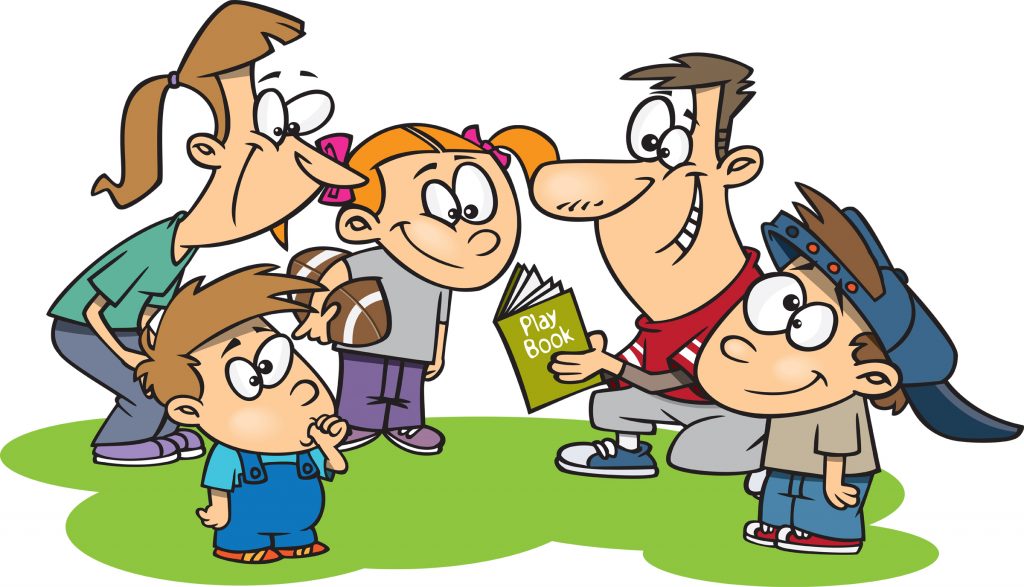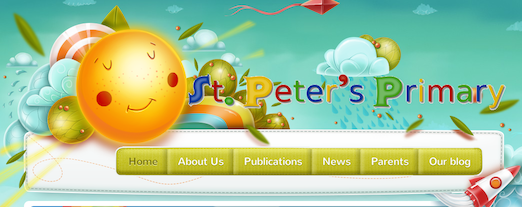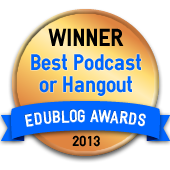
As Dr. Seuss once famously said, ‘‘’the more that you read, the more things you will know. The more that you learn, the more places you’ll go’’. We are so proud of how much you all have improved in reading since the start of the year. It is really important that you continue to improve during this time at home. Try to read a variety of reading material: levelled readers (like the readers we have in school), novels and books of interest, comics, magazines, newspapers, recipes and books that you have written yourself. Above all else, enjoy it!
When choosing a levelled reader, start at a lower level than where you think you should be. In other words, the books that you start with should be really easy for you to read. Reading easy books will help improve your fluency and intonation (changing your voice as you read). It’s really important that you notice and practice the following:
- full stops (.) – Stop and take a breath
- commas (,) – Pause for a second
- exclamation marks (!) – Change your voice to make the sentence sound dramatic
- question marks (?) – Your voice usually goes up at the end of the question
- speech marks (‘‘ ’’) – Change your voice to show that somebody is speaking
Hearing and recording sounds are an important part of reading too. It would really help if you tried to write a few sentences each day on any topic that you like. Try copying one of the sentences on to a strip of paper and cut the words up. An older brother or sister could help you to do this either. Mix up the words and reassemble the sentence. Try to arrange the sentence in phrases, a bit like the way you would say it in a conversation. The important thing is that you listen to the sounds carefully in each word before you write it. Often when we rush our writing, we leave out important sounds. Taking your time will improve your spelling too. Don’t forget neat writing! Check out the post ‘Reading Websites’ for some books








